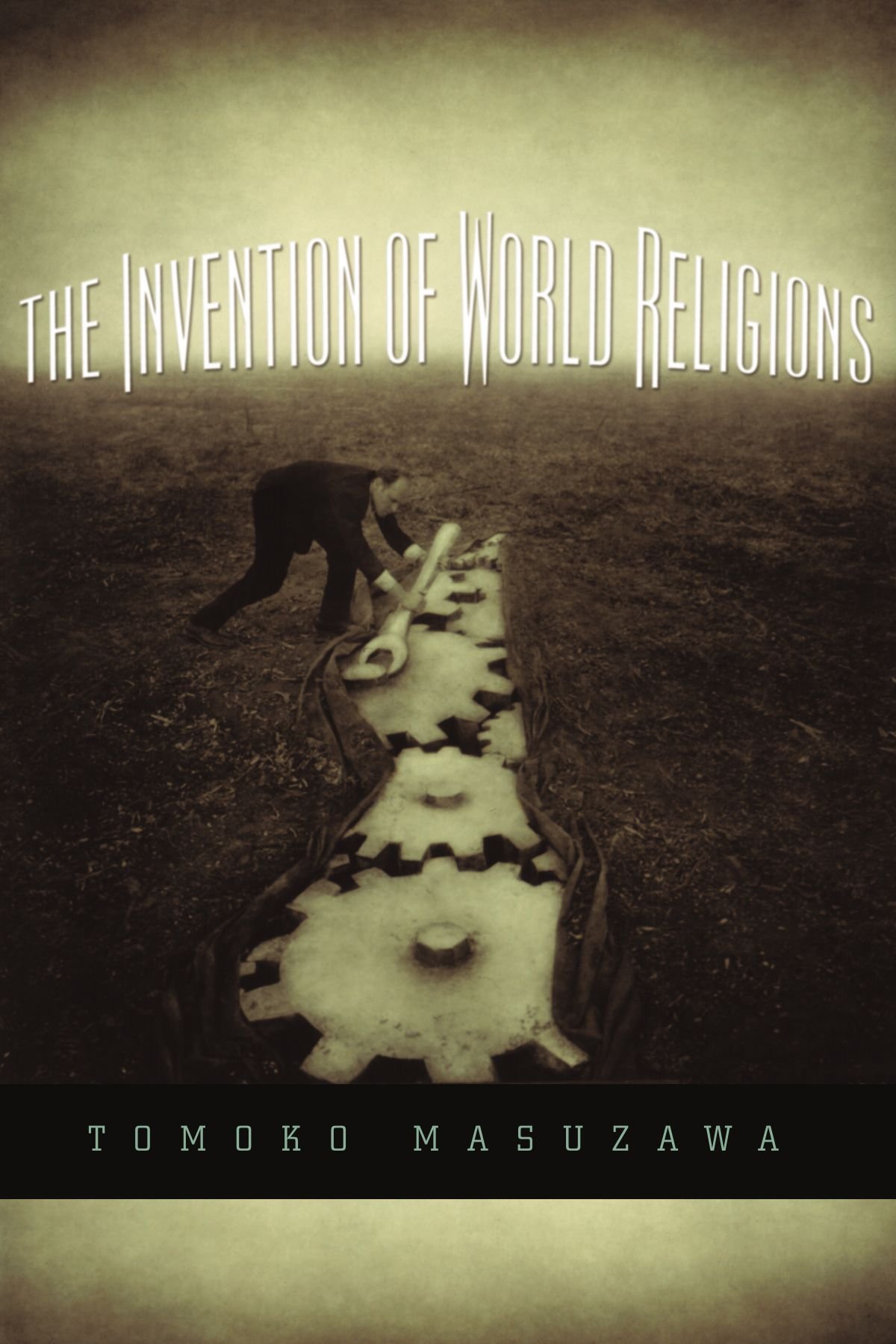The Religious Studies Project, as an academic endeavour studying religion, is of course devoutly secular. In fact, we tend to take the connection between secularity and the academy completely for granted. But was this always the case? If not, how did it become so? And what does secular mean in this context? In this interview recorded at the 2015 IAHR Congress in Erfurt, Tomoko Masuzawa tells David G. Robertson how the medieval university was transformed — first through the introduction of the collegiate system in the 1700s, which gave private donors a say in who could study, and then again in the late 19th Century, with the Berlin model being exported throughout Europe and the colonies. What we discover is not a dialogue between the religious and the secular, but between different Christian sects. What does this say about our present-day academic endeavours?







